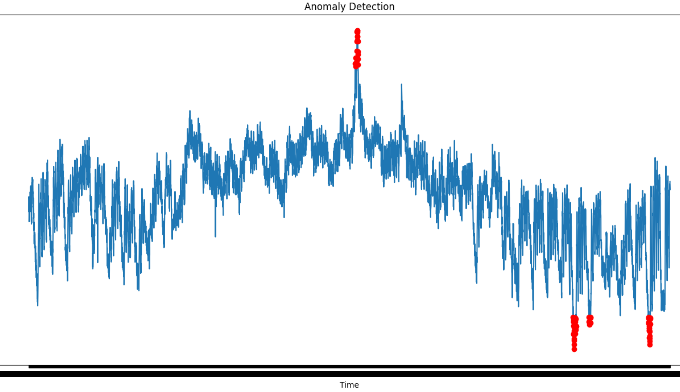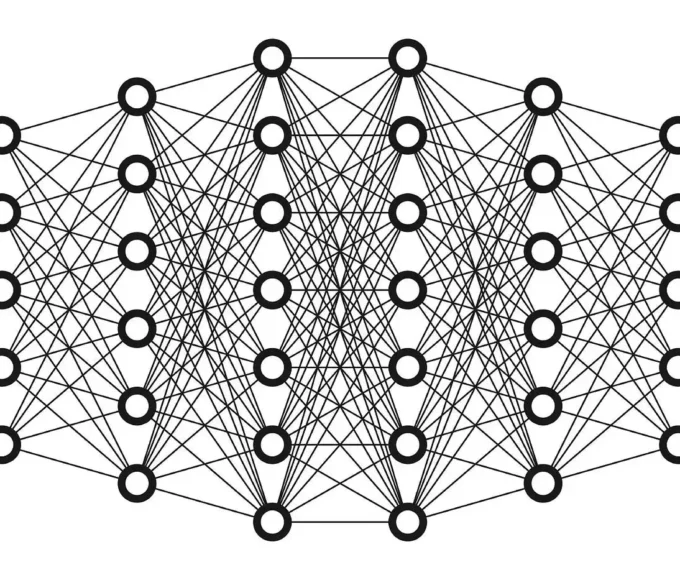India is the second-most populous country in the world, and with a growing population, the demand for food is increasing at an exponential rate. To meet this demand, the Indian agricultural sector needs to increase its productivity while reducing waste and minimizing environmental impact. This is where gardening machine learning comes in.
Gardening machine learning involves the use of machine learning algorithms to analyze data specific to gardening, such as soil composition, weather patterns, and crop growth patterns, to create more efficient and effective gardening practices. By optimizing crop production and reducing waste, gardening machine learning can help Indian farmers increase their yields and create a more sustainable future for India.
Why Gardening Machine Learning Matters in India
Gardening machine learning is becoming increasingly important in India for several reasons. Firstly, it can help address the challenge of food security by optimizing crop production. With a growing population and limited arable land, it is essential to produce more food with less land and resources. Gardening machine learning can help farmers make informed decisions about crop management, reduce waste, and increase yields.
Secondly, this technology can help reduce the environmental impact of agriculture in India. The use of pesticides and other chemicals has led to soil degradation and water pollution, causing long-term damage to the environment. By optimizing crop production, gardening machine learning can help reduce the use of harmful chemicals, leading to healthier soil and water.
Thirdly, it can help address labor shortages in the agriculture sector. The average age of Indian farmers is 55, and with the younger generation migrating to cities in search of employment, there is a shortage of labor in the agriculture sector. Gardening machine learning can help automate many of the tasks involved in gardening, reducing the need for manual labor and making gardening more accessible to people of all ages and abilities.
Gardening machine learning has the potential to revolutionize the way India grows food. By optimizing crop production, reducing waste, and minimizing the environmental impact of agriculture, this technology can help address the challenge of food security and create a more sustainable future for India. As technology continues to advance, it is clear that gardening machine learning will play an increasingly important role in the future of Indian agriculture.
















Leave a comment